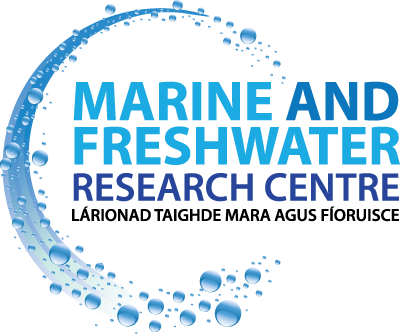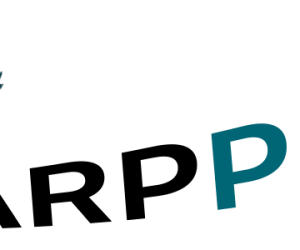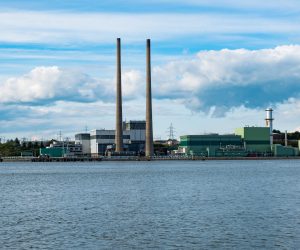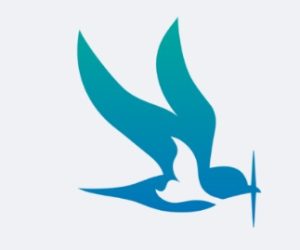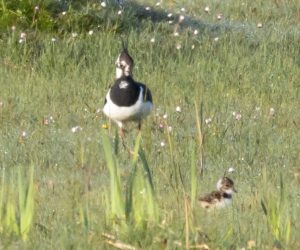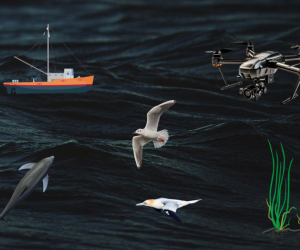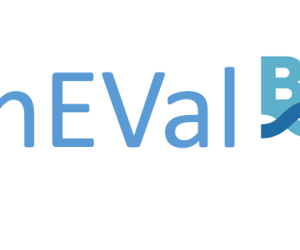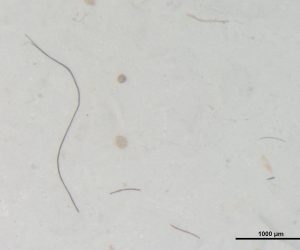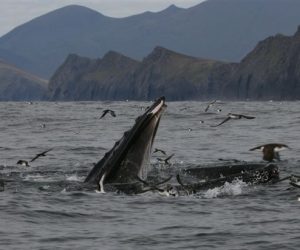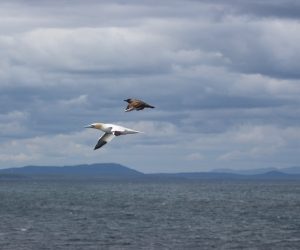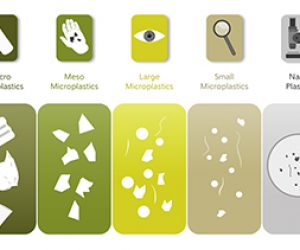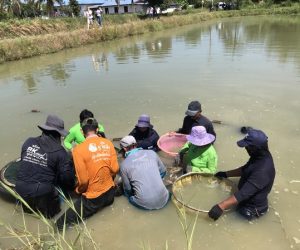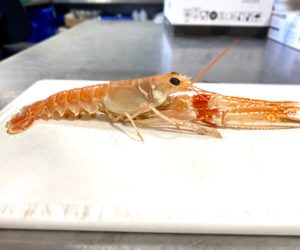I am the Head of Department of Natural Resources and the Environment at Atlantic Technological University, Galway. Prior to that I was the Head of Dept of Graduate Studies and Professional Development. I have ~20 years experience in higher education. I was a lecturer in the School of Science and Computing in and I have lectured to all years of the BSc Hons in Applied Freshwater and Marine Biology. I have also lectured on the MSc in Conservation Behaviour, MSc in Applied Marine Conservation, International MSc in Marine Biological Resources (IMBRSea – www.imbrsea.eu). My research interests include organism response to stresses such as disease and pollution. I have received research funding from a broad range of national and international funding agencies; supervised numerous research postgraduate students to completion and mentored several postdoctoral scientists.
